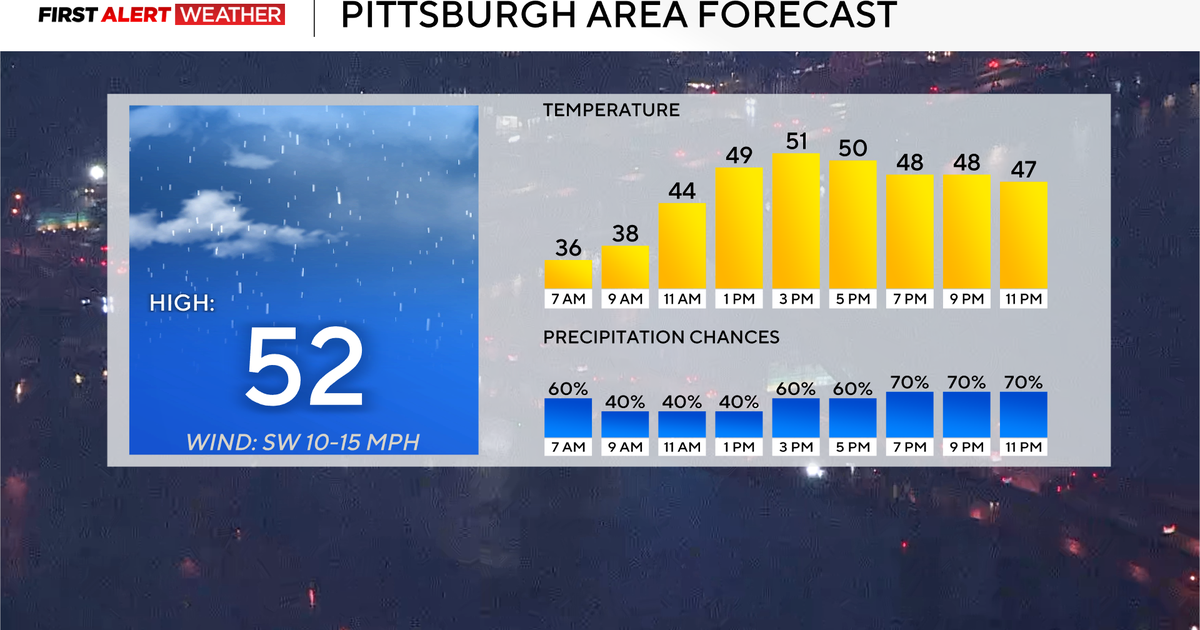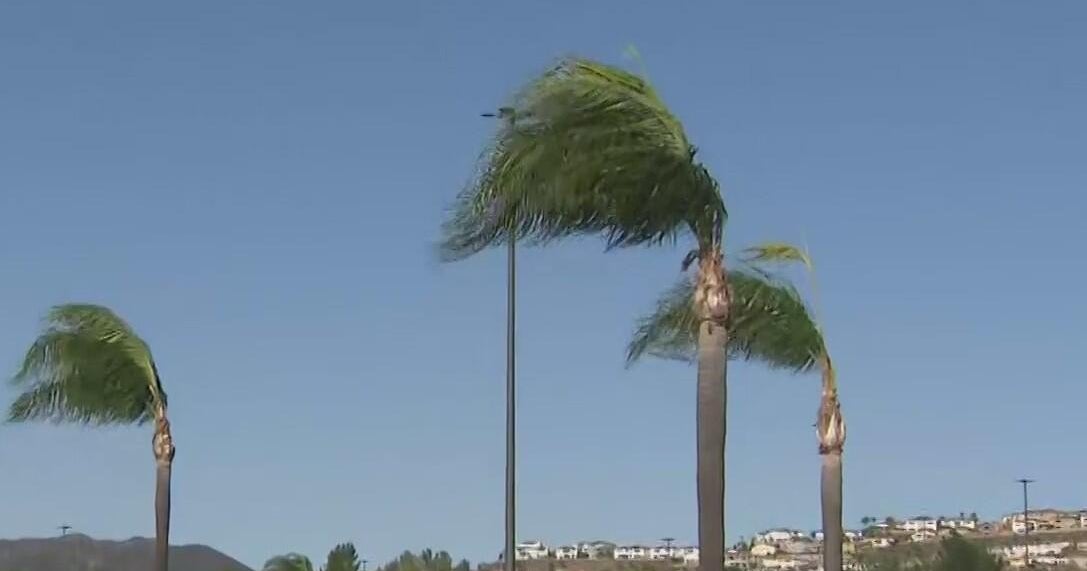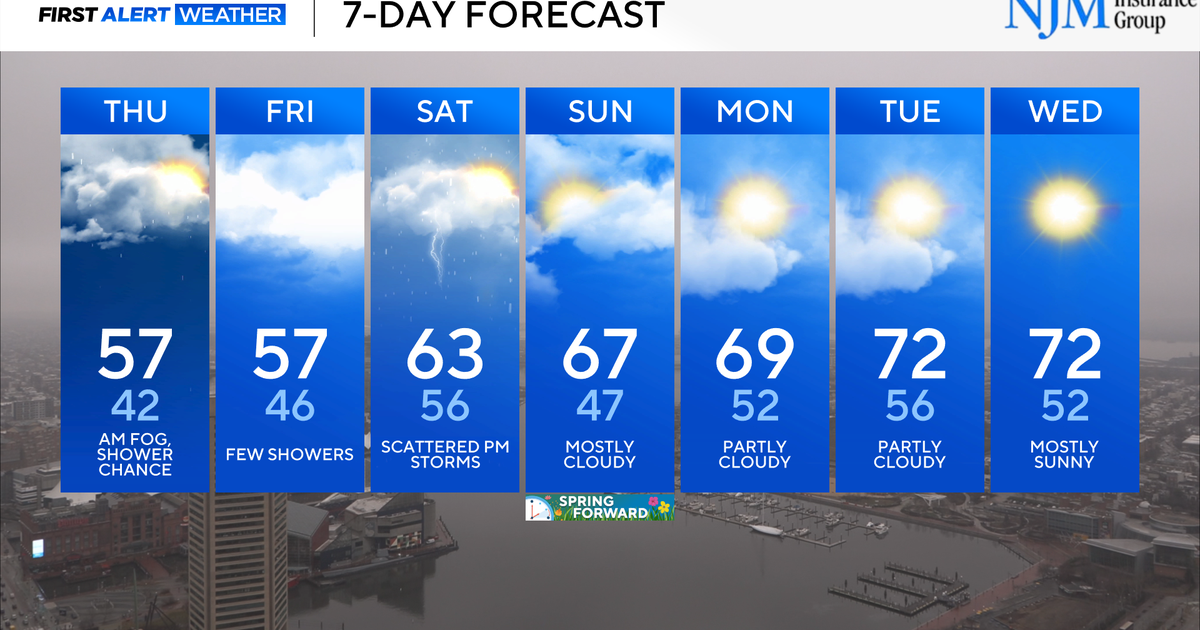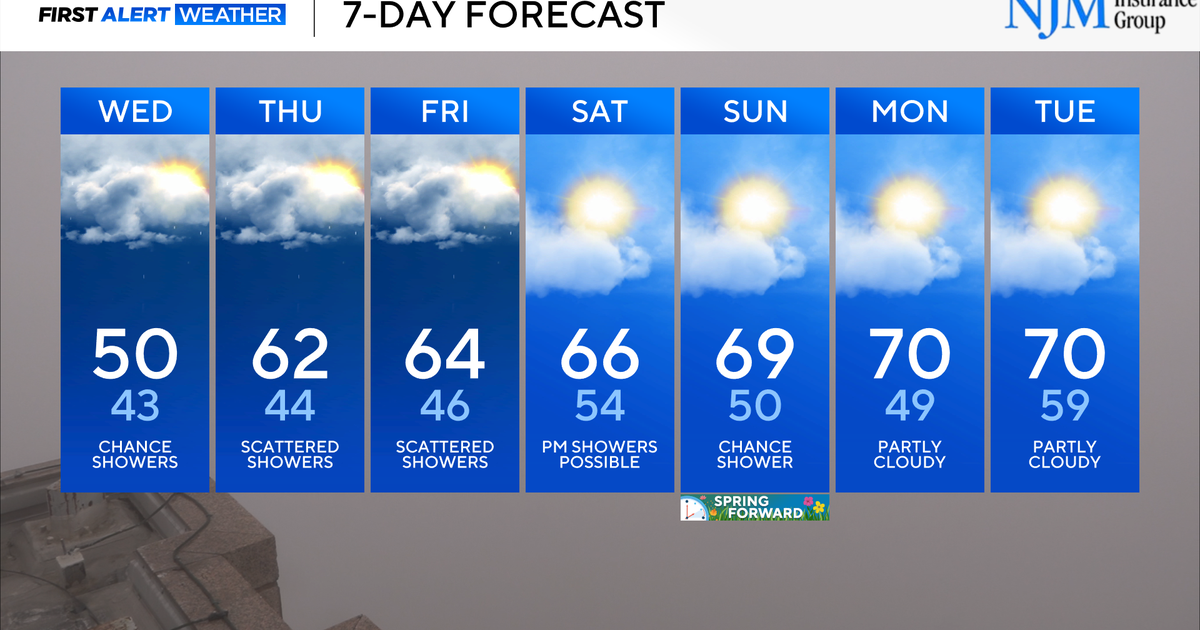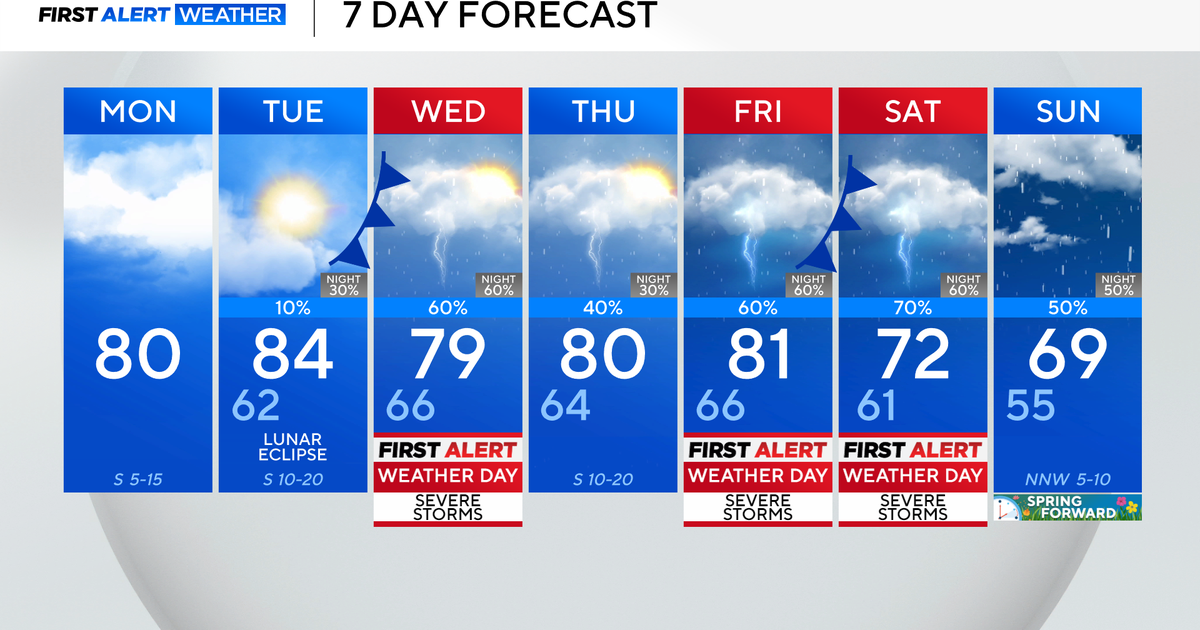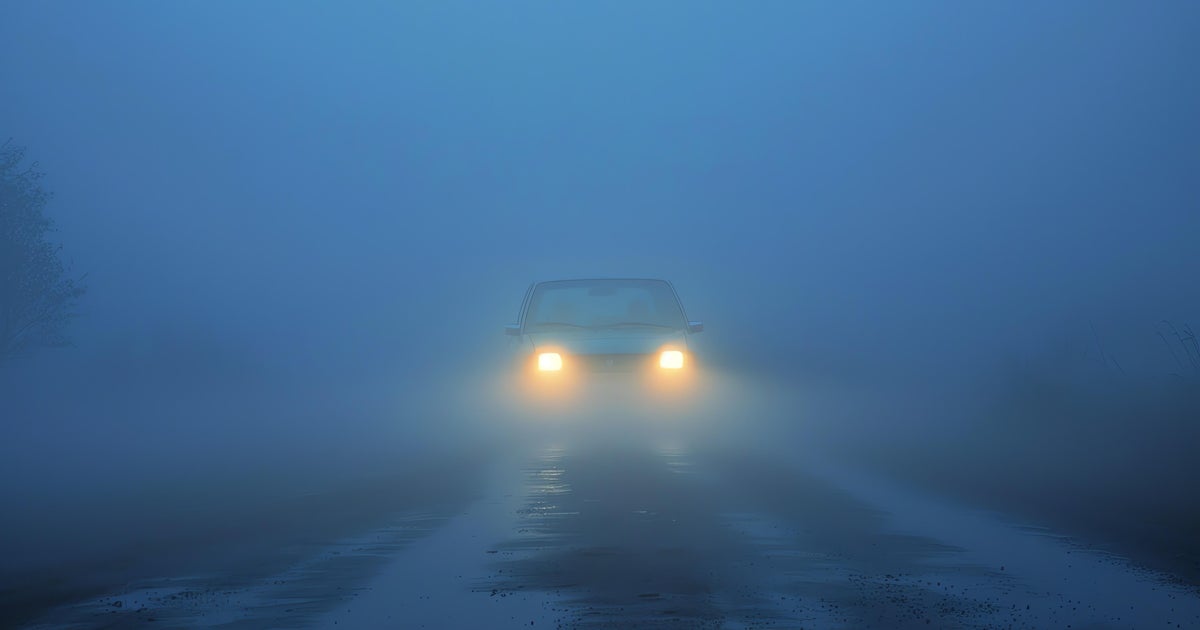What insurance do you need to cover damage from extreme weather?
NEW YORK -- Extreme weather has taken a toll on people across the country in recent years, including homeowners in the Tri-State Area, but many found out the hard way that their home insurance was not enough to cover damages.
Flash flooding ravaged parts of the Lower Hudson Valley this summer, tornadic activity across New Jersey exceeds the yearly average, and still, peak hurricane season fast approaches.
CBS New York's Vanessa Murdock spoke with experts about what insurance you need.
The threats from extreme weather are many: winds that rip off shingles and siding, send trees toppling or in some cases blow through with enough force to create projectiles; storm surge that moves homes off foundations and flash flooding that rips through them.
"Even though the concept of natural disasters is not new, the caliber and the scale and the intensity of what we're seeing now is presenting new challenges," said Dr. Lisa Dale, with Columbia Climate School.
Dale says we look to insurance to not only protect us from losses, "but as a trigger for us to understand ... potential risk we face."
Risk, especially from extreme rainfall, is expanding geographically beyond FEMA Special Flood Hazard Areas.
"In the past six years, we've seen up to 40 percent of all federally backed insurance claims outside of these flood zones,' said Thomas Song, a resiliency specialist with FEMA.
Song encourages everyone to look into flood insurance, as flooding is not covered by your homeowner's policy and as little as 1 inch of water can cost as much as $25,000 in damage.
"Flood insurance is kind of like wearing a seatbelt, right? It doesn't cause something unfortunate not to happen, but if it did, it can kind of lessen that impact," he said.
Flood insurance covers damage from rising water and storm surge. If the sewer backs up because of flooding, it's covered.
"What most people really wonder is if the pipes burst in my basement and the basement floods, or any room, is that considered flooding? And no, that is not," Song said.
It is typically covered by a standard home, condo or renter's insurance policy, however.
In 2023, flood insurance backed by the National Flood Insurance Program cost an average of $1,304 in New York – a 3% increase from 2022 – and $1,209 in New Jersey – an increase of 2%.
"Flood insurance is the largest insurance gap we see in the U.S. today. Only 4 percent of U.S. homeowners have flood insurance," said Mark Friedlander, a spokesperson for the Insurance Information Institute.
But most have home, condo or renter's insurance, and Friedlander says this is a good thing when it comes to extreme weather.
"Whether it's a windstorm, a hailstorm, a blizzard -- all those are covered by a standard home insurance policy, as well as a condo policy and a renter's policy," he said.
Your roof gets blown off and rain water fills your home…
"You don't need flood insurance for that type of loss," Friedlander said.
Friedlander adds if you live in a Hurricane Prone Area, which we do, your standard policy likely includes a separate windstorm deductible. When it applies varies state to state.
In New Jersey, it applies for damage from a storm designated a hurricane where sustained wind speeds measure at least 74 mph in the Garden State.
In New York, the trigger varies by insurer. Some require Category 1 Hurricane status, some Category 2.
"Now that we are entering peak hurricane season, it's really essential to check your policy," Friedlander said.
Know what coverage you have – does it line up with your risk of impact by extreme weather?
If you don't have flood insurance but are thinking about getting it, Friedlander highlights flood insurance backed by the National Flood Insurance Program requires 30 days to take effect. Private policies take less time and typically cover additional living expenses.
To insure your car against weather extremes, including flooding, Friedlander says you need comprehensive coverage, which 80% of drivers have.

